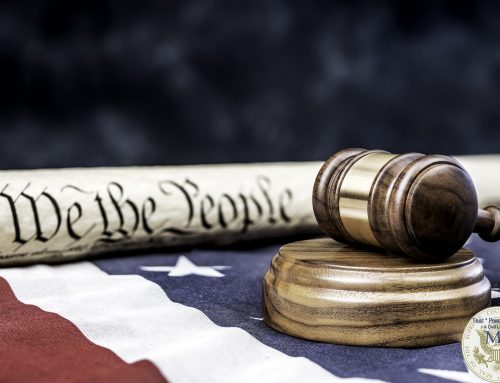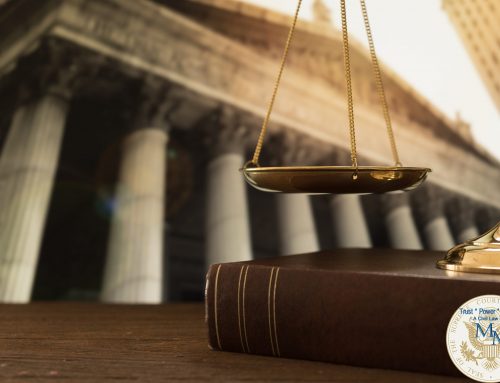What is a Bifurcated Trial?
With the exception of cases venued in the Bronx, the general rule is that the trial on issue of liability (who is at fault for the accident) and the trial on the  issue of damages (the injuries sustained and the compensation appropriate for them) are separated. This is known as a bifurcated trial. The overarching purposes for bifurcation are the simplification and narrowing of the issues for the jury to decide in each jury trial and the efficiency of the court system. The rationale for the latter is that if the jury finds that the defendant is not liable for the accident, the issue of damages becomes irrelevant. Put another way, if the defendant is found by the jury to be not liable for the accident, the plaintiff cannot recover any money damages from the defendant, regardless of the severity of the injuries. There are benefits and drawbacks to both plaintiffs and defendants in this setup. The primary benefit to all parties is that expert testimony, which is very expensive and must be paid up front before the expert witness even sets foot inside the courtroom, is not usually necessary in the liability phase of a trial; the testimony on liability is usually limited to the parties involved in the accident and any other witnesses to the accident. If the trial proceeds to the damages phase, expert physicians will need to be paid for their testimony. Based on the jury’s verdict on liability, the settlement positions of the plaintiff and defendant will be adjusted and it is quite possible that the jury’s verdict on liability can tilt those positions far enough in either direction to make a settlement possible. For example, if the defendant’s insurance carrier offered a low settlement on the basis that they believe the defendant is only, for example, 25% liable and the jury returns a verdict of 90% liability, the insurance company’s settlement offer will likely be adjusted accordingly.
issue of damages (the injuries sustained and the compensation appropriate for them) are separated. This is known as a bifurcated trial. The overarching purposes for bifurcation are the simplification and narrowing of the issues for the jury to decide in each jury trial and the efficiency of the court system. The rationale for the latter is that if the jury finds that the defendant is not liable for the accident, the issue of damages becomes irrelevant. Put another way, if the defendant is found by the jury to be not liable for the accident, the plaintiff cannot recover any money damages from the defendant, regardless of the severity of the injuries. There are benefits and drawbacks to both plaintiffs and defendants in this setup. The primary benefit to all parties is that expert testimony, which is very expensive and must be paid up front before the expert witness even sets foot inside the courtroom, is not usually necessary in the liability phase of a trial; the testimony on liability is usually limited to the parties involved in the accident and any other witnesses to the accident. If the trial proceeds to the damages phase, expert physicians will need to be paid for their testimony. Based on the jury’s verdict on liability, the settlement positions of the plaintiff and defendant will be adjusted and it is quite possible that the jury’s verdict on liability can tilt those positions far enough in either direction to make a settlement possible. For example, if the defendant’s insurance carrier offered a low settlement on the basis that they believe the defendant is only, for example, 25% liable and the jury returns a verdict of 90% liability, the insurance company’s settlement offer will likely be adjusted accordingly.
Email Us For Your Free Case Evaluation







